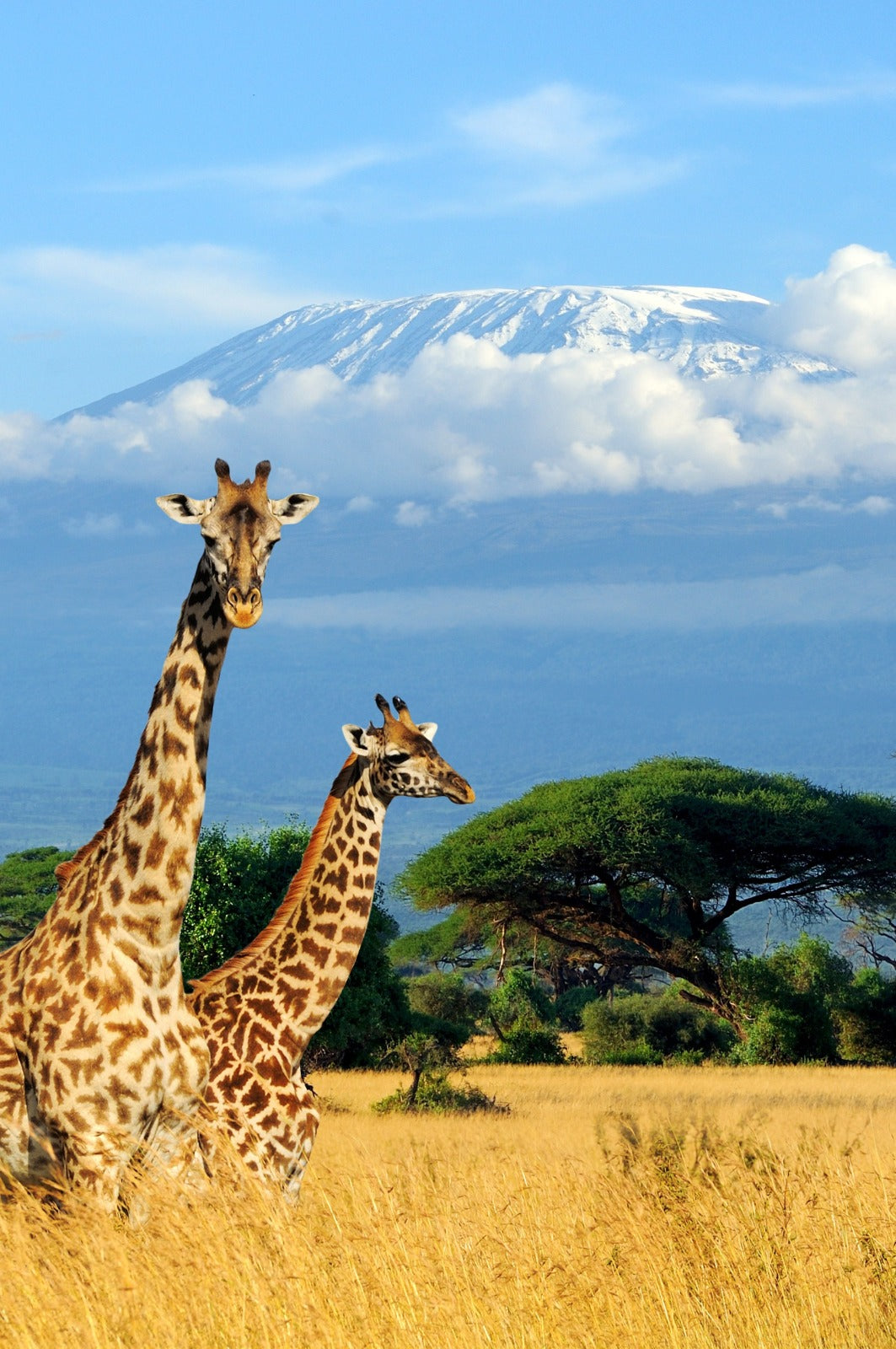
What Makes a Safari Truly Sustainable?
When most travelers hear the term eco-safari, they often imagine luxury tents powered by solar panels, biodegradable toiletries, and bamboo straws. While these are small steps in the right direction, sustainability in safaris is much more than the aesthetics of a camp. A truly sustainable wildlife safari integrates ethical wildlife practices, supports local communities, and minimizes its environmental footprint across all levels of operation. It’s a holistic effort, one that TravGreen takes seriously.
Ethical wildlife practices
The core of any wildlife safari experience is about its wildlife. Well, however not all the wildlife tourism is ethical. This implies respecting the animals' personal space, never baiting the animals for sighting, and educating tourists about conservation work rather than treating it just as another photo opportunity.
Sustainable safari operators ensures guides must be fully qualified naturalists knowledgeable in animal behavior and yet mindful of tourist and wildlife safety. Designated routes are used for game drives and never result in overcrowding at viewing points or in any way disturb the animals from carrying out their natural activities of hunting, feeding, or mating. The essence of real sustainability is watching without disturbance.
Empowering the local community
The majority of the eco-safaris that brand themselves as sustainable hardly support the communities that live in closest proximity to wildlife. A true safari experience contributes directly to the well-being of such communities in the form of employment, education, healthcare, and conservation training.
Local guides are employed, food is sourced from small farmers, conservation benefits get distributed among conservancies and the local people-community communities stand to benefit thus economically and socially. When community is directly engaged and invested in the process, they will become land custodians, assisting in combating poaching and degradation of land through unsustainable activities. That is, community development is not a secondary concern in sustainable tourism, it is the foundation.
Low-impact logistics
From transportation methods to waste management, logistics are a major component in the sustainability of a safari. Utilizing low-emission vehicles for game drives and transfers, adopting water-saving principles, responsible waste management, and restricting energy usage all contribute towards minimizing environmental pressure.
Eco-friendly operators opt for plastic-free options, strictly practice segregation of waste, and leave as little trace behind as possible in their camps. Such actions rarely make the front pages but are critical to the integrity of a genuinely green safari.
TravGreen’s Safaris are beyond the buzzwords
We at TravGreen redefine what a sustainable safari should be. Far beyond the facade, our company crafts eco-safaris with genuine impact. Their practices are grounded in ethical wildlife interactions, low carbon emissions, and profound collaborations with local communities.
It is what makes TravGreen unique, our holistic philosophy. We personally designs every tour to blend luxury with sustainability. From supporting conservancies owned and operated by the community to hiring qualified local naturalists and utilizing eco-certified lodgings, we think of every detail.
With a passion to provide best eco-luxury safari experience in some of Africa's most stunning places, such as, Tanzania, Botswana, Uganda, Kenya, and South Africa. We make sure each journey is designed to be low-impact, conservation oriented, and culturally responsive.
TravGreen also supports long-term conservation projects, channels a portion of every booking into reforestation and anti-poaching initiatives, and educates travelers about responsible tourism practices. For TravGreen, sustainability isn’t a trend, it’s a commitment.
Over and above that
Sustainable safaris are not defined by composting toilets or organic bed linens. They are built on a foundation of respect for wildlife, people, and the planet. Ethical operations, authentic community engagement, and eco- friendly logistics are the support pillars of a safari well done. Thanks to operators like TravGreen, visitors can now see the wild without destroying it for generations to come.